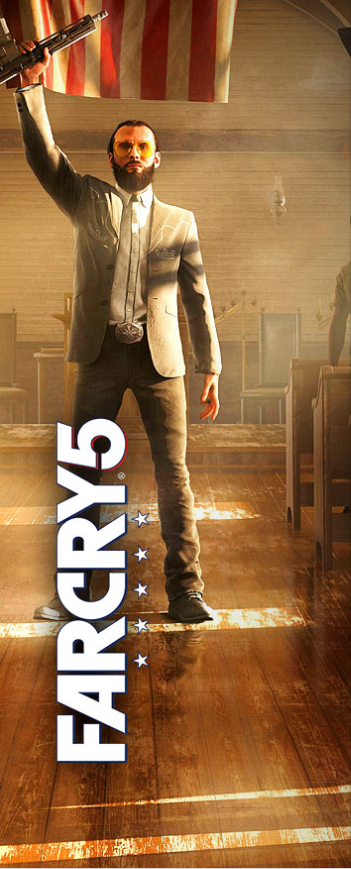Ubisoft Feels That Sequels Are Changing
There was a time in gaming when sequels were simply just improvements upon the original title, or the title that came before it. Given the place in gaming that it happened in, evolution was vital to the title’s success, as well as the evolution of the studio. But now, sequels don’t have to be complete because of updates and DLC, and the “quality” of it actually varies depending on who is making it. Many have noted this trend, mainly games, but also developers like Ubisoft.
On a post on their official blog, Lionel Raynaud talked about many parts of the gaming industry, including how sequels have changed from the time before.
“This line gets fuzzier every year. We have bigger post-launch periods, longer lives for each of our games.”
Ubisoft would know about that, as titles like The Division, Ghost Recon and Rainbow Six Siege have had those long periods of launch as well as long lives.

He continued to express how things have changed, even in singleplayer titles:
“Even the ones that used to be solo-oriented games, like action adventures, they now have a very strong post-launch, and people are staying in our worlds for a long time. So this line is absolutely fuzzier and fuzzier. We all see a future where a game will stay {post-launch], and new experiences will come in the games. But we will have technology that will break the [current] limits of memory, for instance, because of new technologies that are arriving. We would be able to – in the same world – have several historical periods, for instance, in Assassin’s Creed, and use the Animus to travel from one to the other. Or have different areas of the world linked by travel systems, so that a Far Cry game or a Watch Dogs game could happen in different countries in the same experience, seamlessly.”
The gaming world is changing for sure, and not all of the changes are good. Yet, Ubisoft is still doing well, and maybe because they see what’s happening, they’ll know how to stop themselves from going to far like others have.





